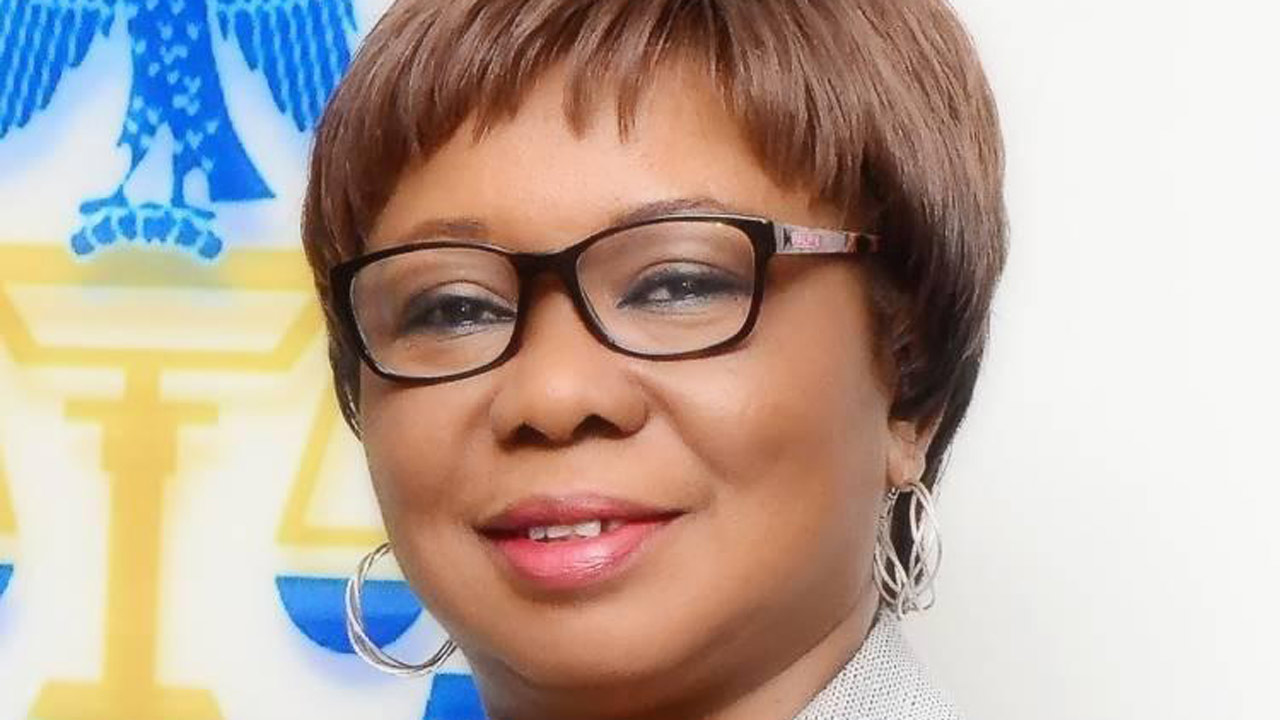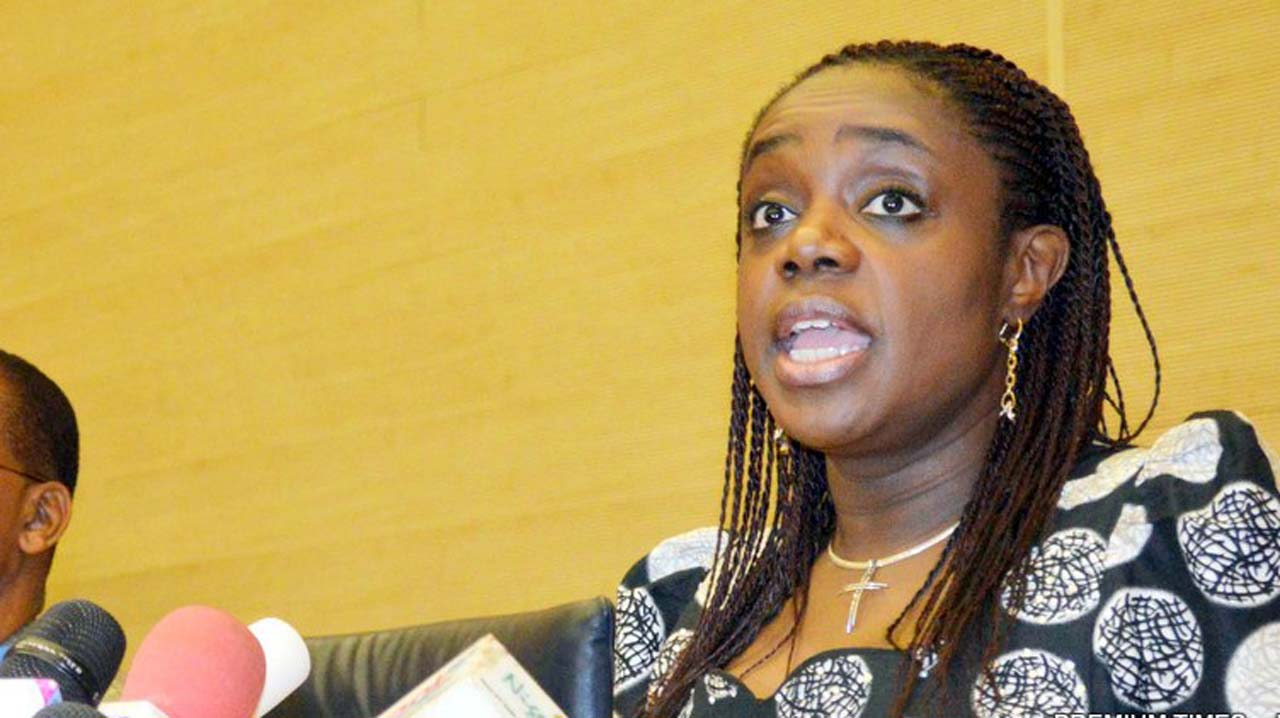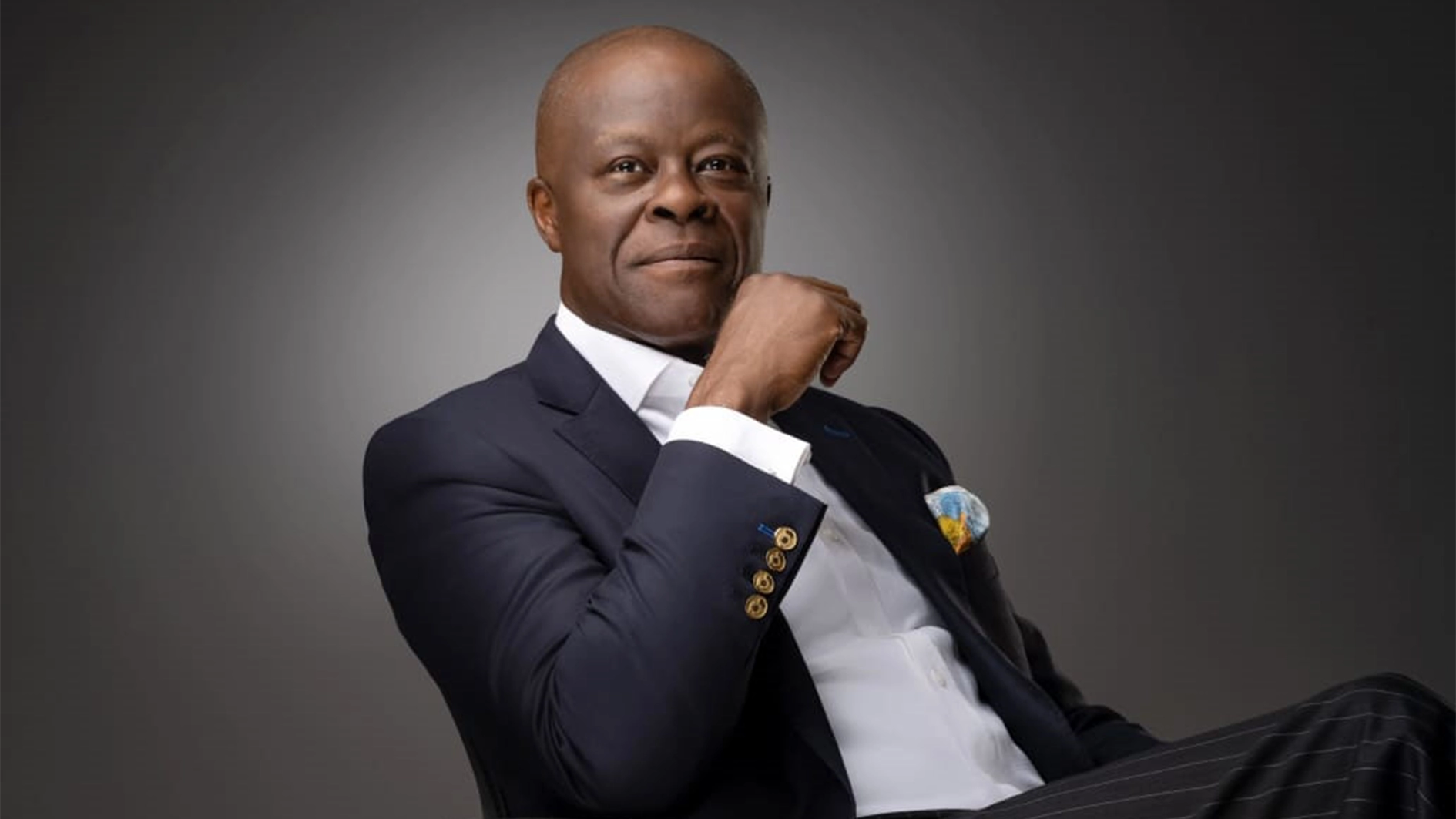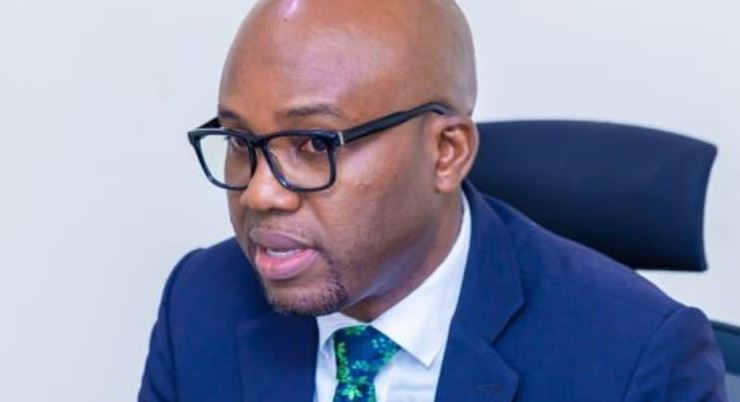
‘All account statements ready for approval’
Going by a popular cliché, “One-man show is a show of arrogance” and that is the modus operandi of the capital market regulator- Securities and Exchange Commission (SEC), which has remained without constituted board for about three years.
Already, investors have described the absence of a constituted board for the Securities and Exchange Commission (SEC) by the Federal Government as high level of regulatory lapse, insisting that such trend threatens efforts aimed at restoring confidence in the market.
The investors who are currently questioning the corporate governance standard of the apex market regulator, wondered why the government has prolonged the issue of reconstituting the board of the SEC, almost three years after the previous board was dissolved.
According to them, the lack of confidence in the market currently is not only election risks, but also the way government treats capital market issues with levity.
They argued that SEC is sitting on investment worth over N26 trillion in value, and must operate with a complete board to manage such huge investment properly.
They also pointed out that the prolonged delay portrays poor corporate governance standard, noting that foreign investors cannot invest in a jurisdiction where corporate governance practice is questionable.
Specifically, a former Director-General of the SEC, Wole Adetunji, in a telephone interview with The Guardian, described the issue as ‘unfortunate’, nothing that it has not happened in the history of the capital market.
He warned that SEC, operating without a board, would affect corporate governance standard of listed companies they regulate, because it is the function of the entire board to monitor activities of quoted organisations.
According to him, government failed to realise that the economy cannot grow with funds from the money market alone, because they do not have guidance for the market.
He said: “SEC is so unfortunate. How can a regulator of listed companies operate without board for a long time and even now, without an executive management. It is unheard of and it is unfortunate. Since 1939, the United States’ SEC has not been without full board, but in Nigeria, we treat things anyhow.
“It is affecting the market because they are there temporarily. So, there will be no full devotion. Look at Central Bank of Nigeria, the Monetary Policy Committee will do something and it will work out without any battle, but nothing is working in SEC and we want to develop the market. The Minister of Finance would have been in better position to do so.
“Lets pray for better things to happen because I am really ashamed. The Companies and Allied Matters Act- companies code of a country, is currently waiting for assent and may wait for another three years and UK government reviews their code every six months.”
The Guardian investigations on the composition of the board showed that the Investment Securities Act (ISA) stipulates that this shall include a part-time chairman, the director-general and chief executive, as accounting officer.
There is also a three full time commissioners, a representative of the Federal Ministry of Finance, a representative of the Central Bank of Nigeria, and two part-time commissioners, one of whom shall be a legal practitioner qualified to practice in Nigeria with 10 years post-call experience.
The ISA vested the board of SEC with the mandate for “general administration of the commission”, which particularly, include to formulate policies for the regulation and development of the capital market and the achievement and exercise of the functions of the commission, approve the audited and management accounts of the commission and appoint auditors for the commission.
Also, the board is statutorily responsible for consideration and approval of the yearly budget of the commission as may be presented to it by the management, establishment of zonal offices of the commission and sundry activities, as necessary and expedient for the purposes of achieving the objectives of the commission.
Besides, the board is empowered, on the recommendation of the director-general, to approve the duties of the full time commissioners and the reassignment of the full time commissioners.
The tenure of the board is four years, though the director-general and full-time commissioners may be reappointed for another second and final term of four years. While the ISA provides for extension of the tenure of the director-general and “any of the commissioners whose term of office has expired until a successor to such director-general or commissioner is appointed, the law does not make any adhoc provision for the board as a whole.
An investment analyst, Ambrose Omodion, explained that the recent crisis of confidence that brewed in the market was due to absence of a board to spearhead the activities of the commission.
He wondered why the government treats capital market issues with lack of seriousness, noting that the issue constitutes threat to efforts aimed at restoring investors’ confidence.
“If the federal government reconstitute a board for the SEC, it will not be easy for the ministry to reverse the decision of the board. The CBN has a complete board and they have the highest technology to monitor any bank and ask questions.
“The lack of confidence in the market is not only election risks, but also the way government is handling issues of the capital market. It is too appalling and SEC is sitting on the highest position in regulation. SEC is still finding its direction, while CBN has found its feet.

“There is no long-term policy to guide investors and their investments. The government of the day has really failed. SEC is sitting on up to N26 trillion worth of investment in value if you add up all the exchanges and there is no board,” Omodion lamented.
The Founder of Independent Shareholders Association of Nigeria, Sir Sunny Nwosu explained that ISA does not allow any substitution for the role of SEC’s board in the capital market.
“We should ask ministry of finance what they are doing to reconstitute the board. It is the supervising ministry and their duty is to enforce corporate governance on any institution they supervise.
“I wonder why the ministry is showing blind eyes on the matter and why it is not getting it right. SEC should be a custodian of good corporate governance, so that they can supervise those under their custody,” he said.
For the President, Proactive Shareholders association of Nigeria, Taiwo Oderinde, it falls short of good corporate governance for SEC not to have a board till date. “It turns the director-general into a sole administrator and it does not augur well for the market.”
Meanwhile, the Acting Director–General of the SEC, at the commission’s second post-Capital Market Committee (CMC), in Lagos, at weekend, said the account statement for the commission is well prepared and ready for endorsement.
“The SEC is in charge of corporate governance and there is no way it will want to do that work and punish people who violate the code of corporate governance by being the first to violate that code. We would not do that.
“I want to say it clearly that all the accounts of the SEC are well prepared and audited, but we have not placed it on the website because they have not yet been signed. That is the only reason they are not published as we normally do.”
[ad unit=2]






